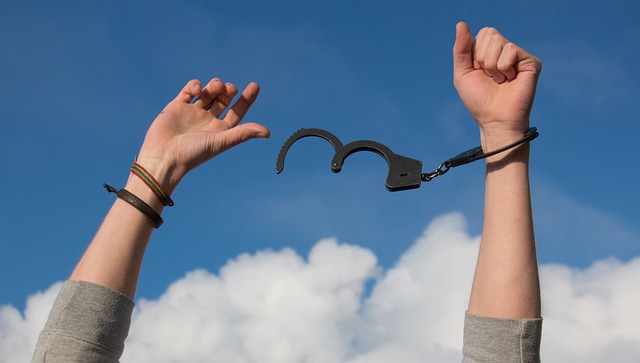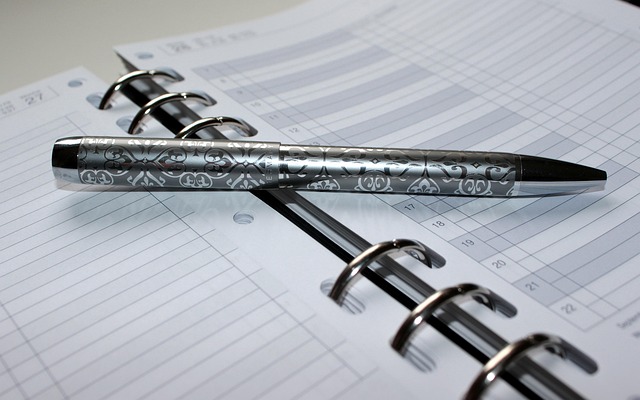Break Through the Cycle of Addiction
Understanding the Cycle of Addiction
Addiction doesn’t happen overnight. It happens slowly and in stages. Understanding the cycle is crucial. to helping us learn how to break the cycle of addiction. There are six stages that comprise the cycle of addiction. They are:
- Initial use
- Abuse
- Tolerance
- Dependence
- Addiction
- Relapse
The addiction cycle can take place over the course of months or many years. And, some people never experience the relapse stage of the cycle, while others relapse multiple times before they successfully break the cycle.
Before we can break the cycle, we need to understand each stage.
The Stages of Addiction
Initial Use
Initial use can be the first time we take a drink, take a prescription, or use a recreational drug. Nobody thinks their initial use will lead to full blown addiction, but the risk is always there. Statistics say that those with a family history of addiction, experience with trauma, or poor mental health are at greatest risk for falling deeper into the cycle of addiction.
Abuse
Abuse is an important part of the cycle of addiction. At this stage, we go beyond occasional use and either drink or use drugs on a regular basis in order to experience the high a drug produces.
During the abuse stage, we can stop using without experiencing physical withdrawal symptoms. If you or a loved one is in the abuse stage, get help NOW and prevent the painful addiction stage that follows.
Tolerance
The tolerance stage of the addiction cycle describes when more and more alcohol or drugs are required to experience the feeling of euphoria similar to the initial use.
If you’re still sober after a glass of wine or don’t get high after taking one pill, it’s because your body has developed a tolerance to the substance.
The tolerance stage is dangerous. It indicates that the body and brain have physiologically changed in response to substance abuse. This need for more sets us up for the dependence stage of the addiction cycle.
During the dependence stage, the brain and body cannot function properly without drugs or alcohol. Recreational drinking or drug use is no longer a choice – it’s a necessity. When this happens, if we stop drinking or using, we will experience physical symptoms of withdrawal.
Dependence
During the dependence stage, the brain and body cannot function properly without drugs or alcohol. Recreational drinking or drug use is no longer a choice – it’s a necessity. When this happens, if we stop drinking or using, we will experience physical symptoms of withdrawal.
Addiction
Addiction is a mental health condition. At this stage, the addict is unable to stop using and experiences negative consequences as a result of chronic substance abuse. Learn more about how the National Institute for Health classifies the disease of addiction.
Negative consequences can be the breakdown of relationships, financial instability, job loss, cravings for drugs or alcohol, loss of interest in things that were previously enjoyable, withdrawal symptoms when not using, and more.
From a mental health and diagnostic standpoint, there are levels of the severity of addiction. If someone experiences two or three negative symptoms, the substance abuse is considered mild. When four or five negative symptoms occur, the diagnosis is moderate. More than six symptoms results in a diagnosis of severe addiction.
We point out the diagnosis and the symptoms to say this: Addiction has stages and is a chronic disease that progressively gets worse if not treated.
Relapse
The relapse stage of the addiction cycle occurs when an addict stops using for a time and resumes again. Please note! Some addicts break the cycle of addiction without ever relapsing.
Breaking the Addiction Cycle
There is hope! Addiction is a powerful disease. This country is in the throes of a dangerous opioid and Fentanyl epidemic. The stakes have never been higher. But, despite the dangers that addiction poses, one truth remains constant. Recovery is possible.
At Breakthrough Recovery Outreach, we offer residential recovery programs for teens and adults. Using counseling, family therapy, and twelve-step meetings, addicts and alcoholics can find a freedom they never dreamed possible.
If you or a loved one is struggling to break the cycle of addiction, please contact us. We’re here to help.




